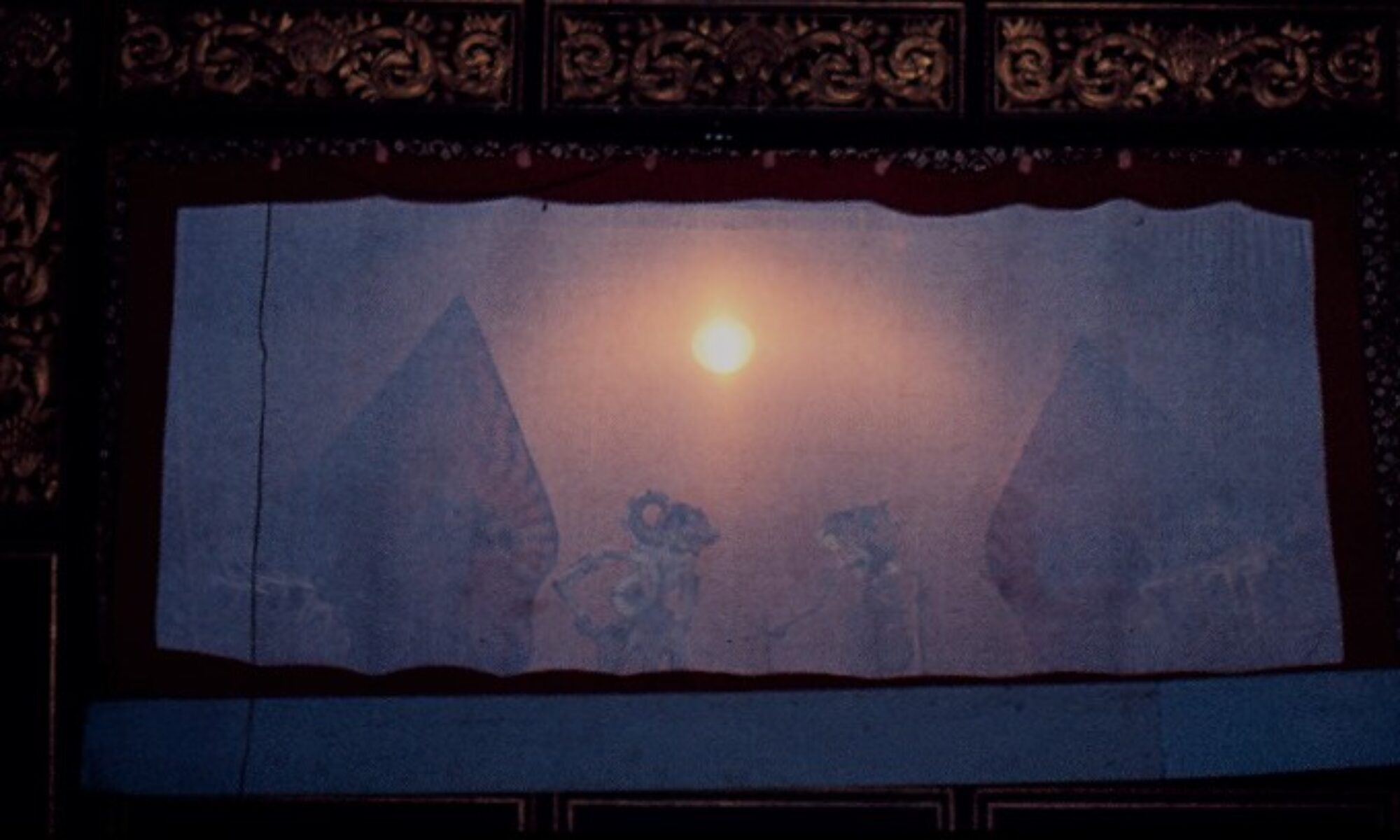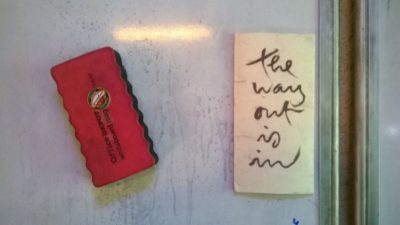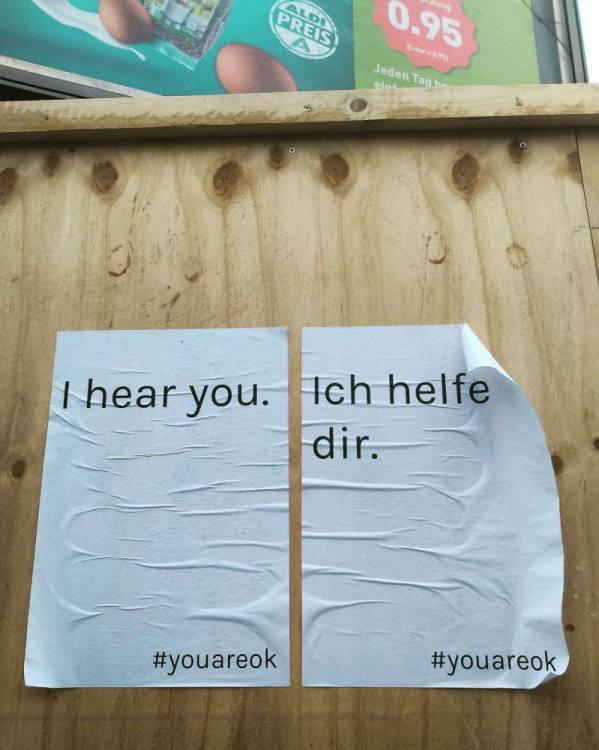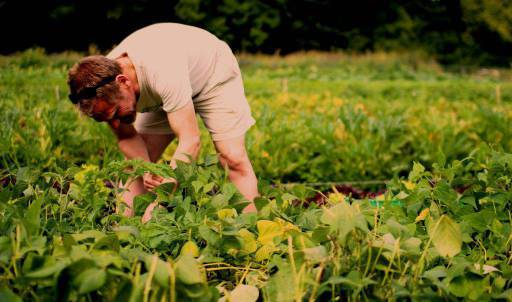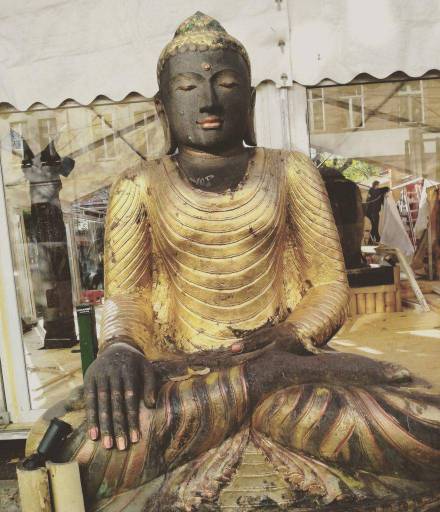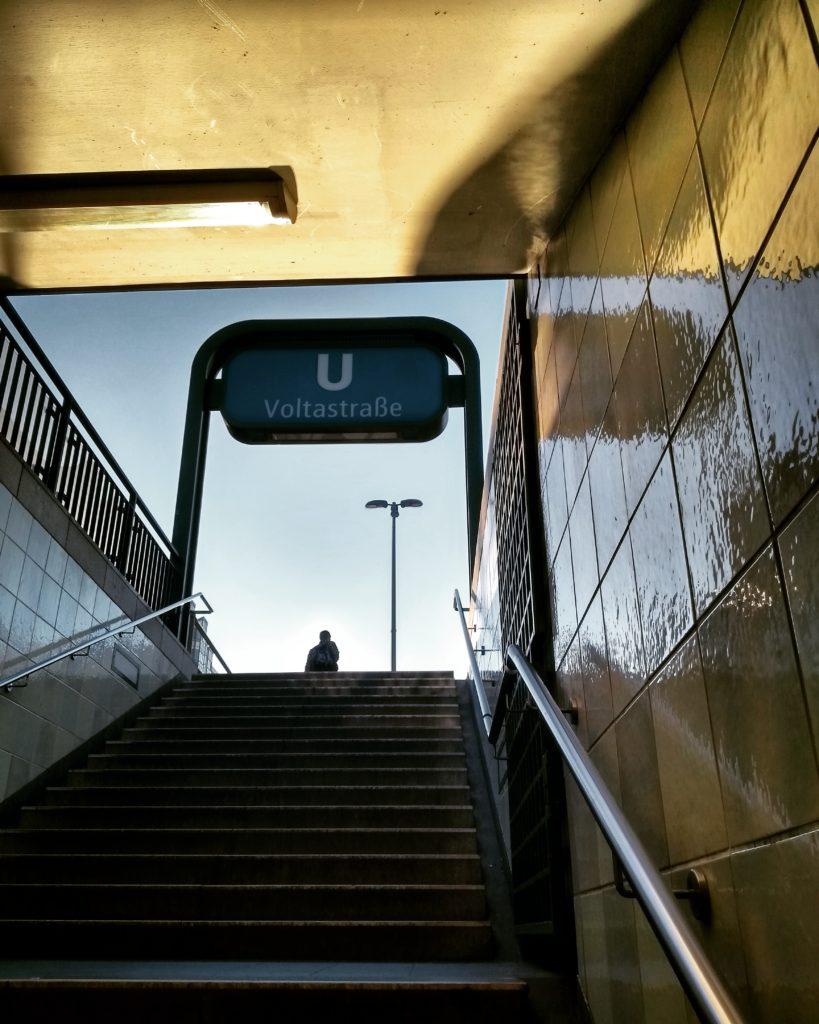“To be loved means to be recognized as existing.” Thich Nhat Hanh
I spotted these two flyers posted to a fence around a large construction site in Berlin, Kreuzberg.
I was touched deeply by the messages “I hear you” and “I’ll help you.” Doesn’t it just feel wonderful when someone says these words to us in a moment of suffering?
May we remember that we can give the gift of listening to anyone almost any time and for free! And by listening with an open, nonjudgmental heart we are already helping. To improve our listening we can make it more intentional. We can ground ourselves by feeling the earth beneath our feet or the chair we are sitting on. We can breathe slowly in and out and follow our breathing as we deeply sense the unwavering support of our Mother Earth. And from this centeredness we can begin listening. Whatever is being said to us, we can now receive it with appreciation even if it includes words of criticism or accusation. While listening to someone share feelings of hurt or anger, we can practice staying grounded, present and connected to our compassionate heart. In this way we are bringing healing to the person or the situation.
What is more, we can give this gift to ourselves. We can learn to be present for ourselves and remind us that we are okay the way we are. The process is similar. We ground and center ourselves and turn our attention to our body sensations, which may include stress, anxiety and tension. The moment we tune into how our body is feeling we have already begun listening. We are saying “I hear you” and “I will help you” to our body. And we may soon feel a sense of relief. Similarly, we can tune into our emotions and embrace them, too, with our mindful and compassionate heart. We can attentively hold space for our hurt, worry, depression or anger and light up this space with the warm light of compassion. We can even make a promise to take good care of all our emotions.
The longer I live, the more I come to the realization that 99 percent of my suffering result not from things that happen to me but from a recurring and habitual state of disconnectedness from myself and others. To me, this realization holds a huge promise for a happier, healthier and less consumption-driven life. And it reminds me to pause, again and again, to practice “I hear you. I will help you.”
Thanks to the person who posted this teaching on a wall in Kreuzberg.
